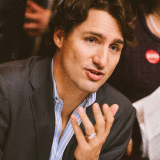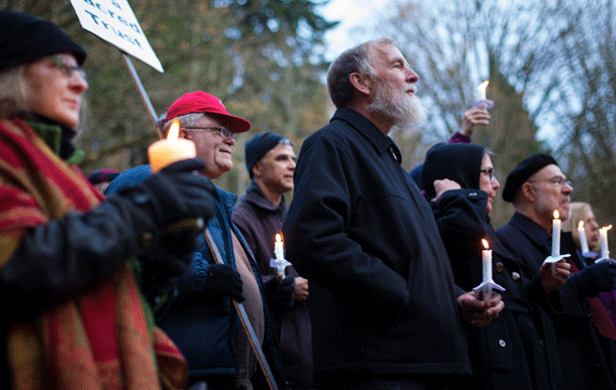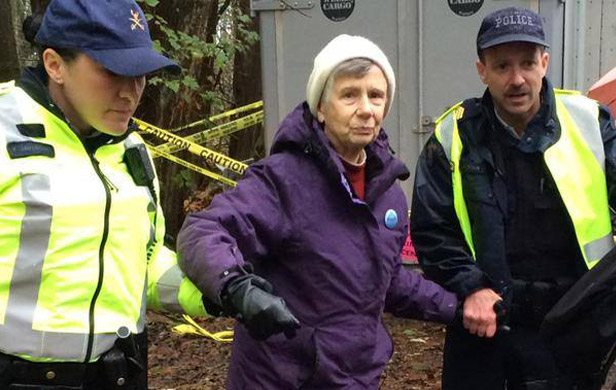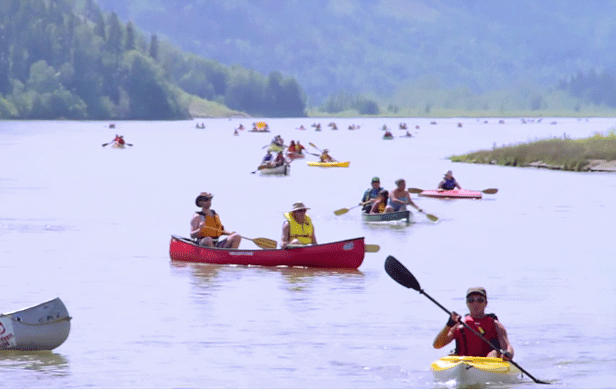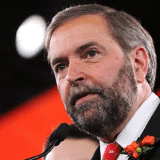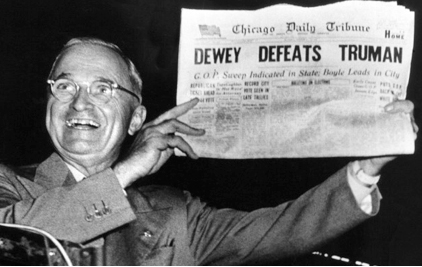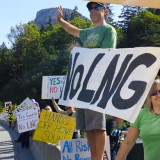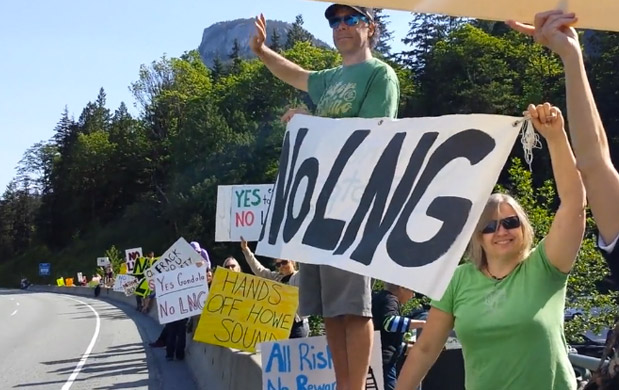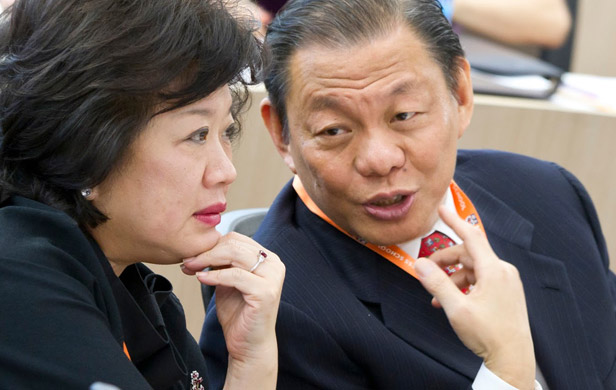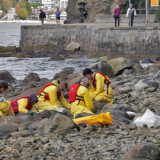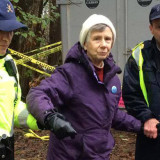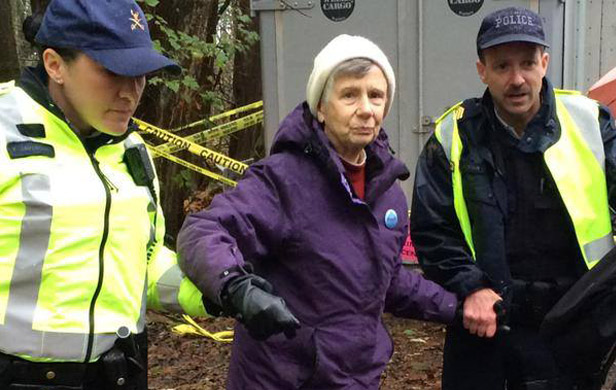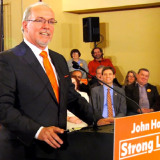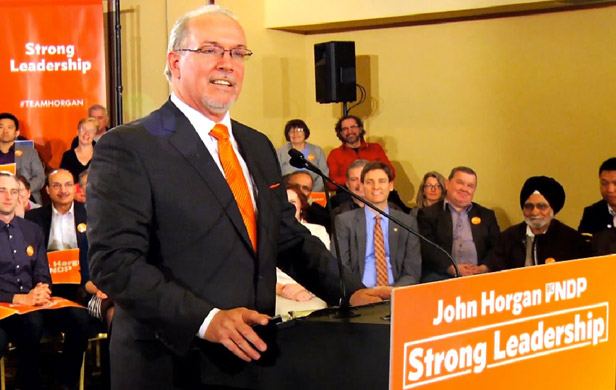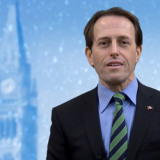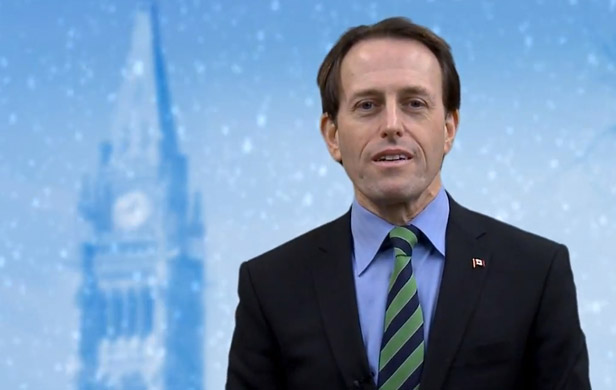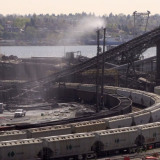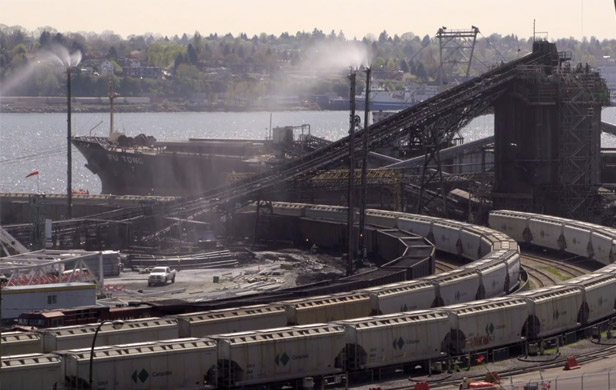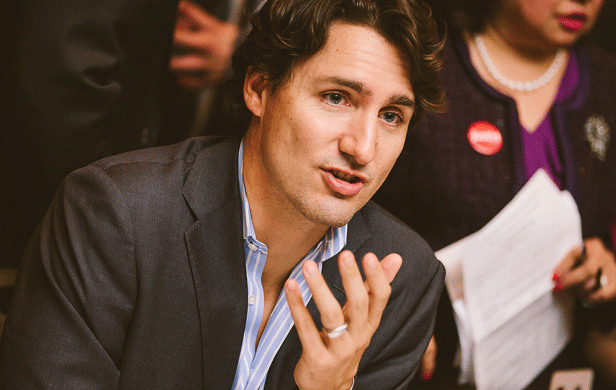
We’ve reached the summer doldrums and perhaps that’s a good time to sit back and look at the coming Federal election, if only in general terms.
Amazingly, the main issue is exemplified in the story of the “Paddle for the Peace” organization and the ever ham-handed right wing placing all their organizers on the Terrorist Watch List.
C-51 is an election issue
This issue (C – 51) has legs. Anytime a government proposes legislation that will adversely affect citizens’ rights, it better be done quickly – it’s not the kind of issue you want the public to think about. This is what’s happening, much abetted by Justin Trudeau’s amazing lack of backbone and political inexperience. His support of C-51 showed that he doesn’t understand the fickleness of the crowds’ first reaction, as demonstrated on the eve of WWI, when huge crowds in European capitals were delirious with joy. A little time and unpleasantness can change a massively favourable public opinion into quite the opposite.
The Liberals have, in my view, all but killed their chances with their support of C-51. To compromise on a bill on citizens’ rights carries with it a pretty strong inference of weakness. He has done very little, if anything, since to change that impression. An interesting sidebar issue comes from the Tory campaign, where they’ve been portraying Trudeau as “too young”. They may be right but what they’re also telling people, “if you think it’s time for a change, as many Canadians do, why the answer is Mr. Mulcair.” Be careful what you ask for.
Mulcair continues to surprise
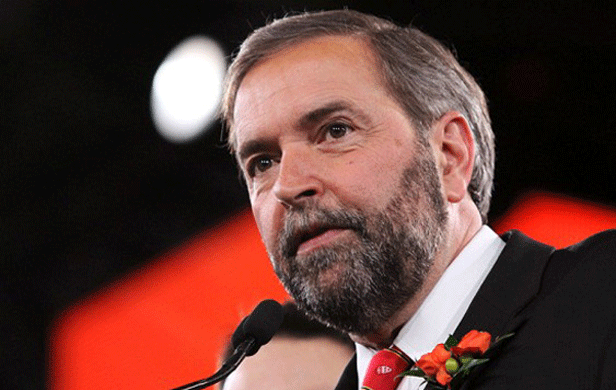
The NDP and Tom Mulcair continue to do much better than traditional prognosticators would have thought, for a number of reasons. Mulcair has done a very good job, stick-handling out of issues such as once having been a Liberal and is now seen as attractive, if not quite yet charismatic.
Mulcair has been helped by the NDP in Alberta who, to the surprise of many, have made it look perfectly natural for an NDP government in the bluest of all provinces. Premier Notley has not only proved that the world doesn’t end if the Tories are out in Alberta but shown a deft political hand at dealing with problems that any new government would have in Alberta, particularly one of the left. There has not been an obvious surge of stagecoaches with panicked refugees flocking into British Columbia and, indeed, after the usual flurry of predicted catastrophe, the business community are mollified, if not satisfied.
Quebec the Wildcard
Politicians hate uncertainties and one has sprung up for Mulcair in Quebec with the return of Gilles Duceppe as the Bloc Quebecois leader. The separatists have always had a spot at Quebec’s political table and it’s difficult to assess just how much influence Duceppe will have, remembering that BQ lost it’s power to the NDP. In addition to usual politics, there is a “revenge” factor here.
The Green party has not maintained the upswing they were on last spring. Elizabeth May has remained very popular, still drawing huge crowds. I don’t believe her little private cocktail party at the Ottawa press banquet left any problems, although who knows about that sort of thing.
What did happen is that the Greens finally ran into some opposition over territory they felt that they had successfully staked out. This was largely because Mr.Mulcair, having moved his party much to the centre, became able to make his pitch for environmental matters and things of that nature which hitherto was seen as the private preserve of the Greens.
Tories still in it
In summary, the Tories are slightly improved mostly because of the slippage of the Liberals. The Liberals have lost considerable ground, mostly picked up by the NDP. The NDP, usually a flash in the pan at best in federal elections, is a very real prospect and has the advantage of a leader gaining in popularity just as most are losing theirs.
The Greens remain the Greens. I thought a couple of months ago that they were rolling towards a big-time upset, but events have caused me to pull back at least for the moment.
Back to the trenches.
